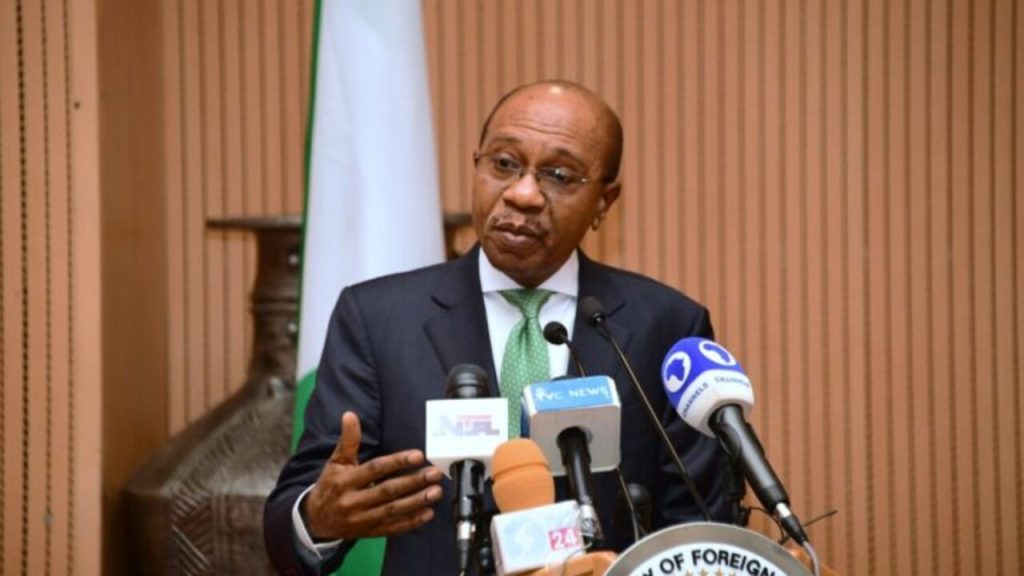
Recent data from the Central Bank of Nigeria (CBN) revealed that the credit issued to the Nigerian private sector rose to N43 trillion in the first quarter of 2023, indicating an increase of N1.3 trillion.
The disclosure of this total loan amount is seen as the most compelling evidence yet that the CBN’s monetary policies, such as the cashless policy and the increase of the primary lending rate to 18%, may have had little or no impact on the flow of loans to the private sector.
Nigerian banks increased lending during the period, despite the CBN’s policies aimed at reducing cash circulation and its decision to raise interest rates in the last five monetary policy meetings to combat galloping inflation and contain the money supply. One of the goals of the CBN’s cashless policy was to mop up excess cash from the economy, which has not been achieved.
The Chief Executive of the Center for the Promotion of Private Enterprise, Dr. Muda Yusuf, said we need to look at what percentage the loan is to the GDP because you cannot just take a nominal figure and begin to assess it.
He asserted that as of his last check, the percentage of private sector credit to GDP was just about 12%. He said when you compare the percentage with that of other economies like South Africa, Egypt, Morocco, and other countries, Nigeria’s percentage was the lowest.
He added that when you compare that with other developed economies, their percentage is close to 100%. So the level of credit that is coming to Nigeria’s financial system is extremely low.
He added that consumer credit in Nigeria is almost nil.
- “Many of the people in Nigeria don’t have access to credit. The SMEs don’t have access to credit. So, if you look at the breakdown of the figures they are mentioning, what you find is a big business such as Dangote, the big oil companies, multinationals, etc. You hardly find anything tangible going to small businesses.”
The 2017 data from the National Bureau of Statistics states that only about 3,891 or 0.17% of borrowers owed about N1 billion and above, confirming bank lending was concentrated at the top 1% of society.
Dre Yusuf also called for a balance between credit given to the government and the private sector, stating that the former was too much and crowding out the private sector,
- “One of the biggest challenges we have in the country is that the government is giving too much credit to the government. The banking system’s credit to the government is too high.—it should not be as high as it is. As of February, the banking system’s credit to the government was about N28 trillion, which is too much. Before this administration took over in 2015, it was about N2.8 trillion. The proportion should not be like that – more of the credit should be going to the private sector.
- “We need to worry about the distribution of credit between the private sector and the government – talking about credit from the banking industry, although most of the credit going to the government comes from the Central Bank.
- “Although credit has increased to the private sector, we need to look at what impact it has on the Nigerian private sector and compare it with what obtains in other developing and developed nations,” he said.
However, the Chief Executive of Economic Associates, Dr. Ayo Teriba, sounded a word of caution. He said depending on the rate of inflation, which is circa 1.8% on a monthly basis, or the GDP to credit, the loans to the private sector may not be significant. He also alluded to the fact that Nigeria generates about N50 billion monthly or N150 billion quarterly compared to N1.3 trillion loans to the private sector for the quarter, which is less than 1% the growth may not be significant. He also cautioned that the exchange rate is not static.
He also caveated that credit is intermediated money. He said if we are talking about how much money accrued from deposits over the period then it begins to make sense whether the credit system is getting better or not.
He said loans to the private sector are interpretable on an inflation-adjusted basis, in relation to GDP, and also in relation to deposits.
Commenting on the development, the chief executive of Anthill Concepts Limited, and economic affairs analyst, Dr. Emeka Okengwu said there are two ways to look at the development. He said when you are in inflation, the usual thing to do is to spend your way out; but in doing that you need to be able to support your private sector as much as you can.
He recalled what he referred to as the ‘unusual and unconventional Ways and Means funds’ He said arguably, the CBN used part of that money to make sure that the economy stayed viable. On the other hand, he said that should be the underscoring of what the real issues are.
“When it comes to the issues of an economy that is unstable, you cannot quantify the amount of money you are throwing at the problem. There is the issue of infrastructure deficit. Secondly, in order to have the private sector well competitive, support it. So I think the CBN didn’t do badly in supporting the private sector if, indeed, all that money was used in supporting the private sector. That is why it is probably not worse than it is now.”

